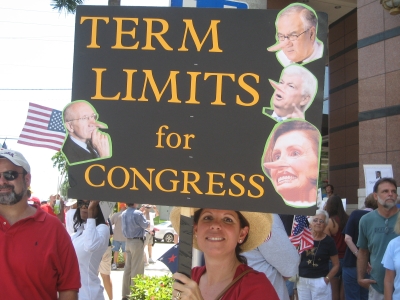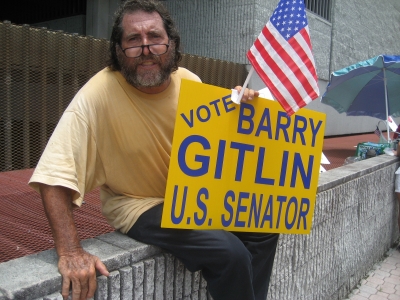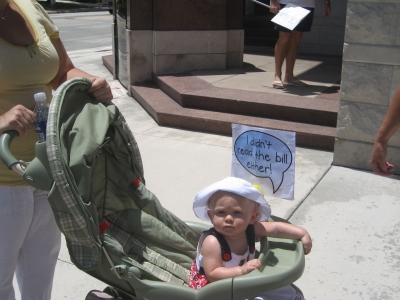Does Steny Hoyer have any idea how comments like this come across to normal people?
“If every member pledged to not vote for it if they hadn’t read it in its entirety, I think we would have very few votes,” Hoyer told CNSNews.com at his regular weekly news conference.
Hoyer was responding to a question from CNSNews.com on whether he supported a pledge that asks members of the Congress to read the entire bill before voting on it and also make the full text of the bill available to the public for 72 hours before a vote.
In fact, Hoyer found the idea of the pledge humorous, laughing as he responded to the question. “I’m laughing because a) I don’t know how long this bill is going to be, but it’s going to be a very long bill,” he said.
So, therefore, it’s not reasonable to expect people to read it. Right.
I have an radical idea. How about shorter bills?
[Update a few minutes later]
I think that this would be an item for a new Republican Contract with America.
[Update mid afternoon]





